Little Dragon, The Boiler Room at Corsica Studios
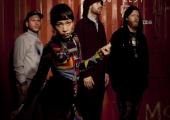

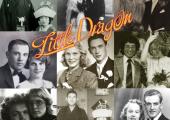
Gothenburg electro-moodists Little Dragon aren’t short of high-profile cheerleaders. All four members appeared on a couple of tracks on Gorillaz' Plastic Beach, and the band supported Damon Albarn's gang on the subsequent tour. TV on the Radio’s David Sitek borrowed their singer Yukimi Nagano for his solo album, also from last year.
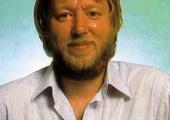
Although record producer Martin Rushent was firmly identified with the punk and post-punk eras, the biggest records he had worked on before then were those of Shirley Bassey. His production of The Human League’s epoch-defining Dare changed that.
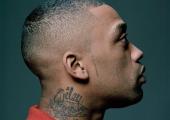
At one level the day of the single is gone - the 7-inch, the CD, the physical format - and yet, at another it's more relevant than ever. Sure, any track can now be downloaded from an album and hit the charts but singles, downloads - chosen representative songs - still give the best snapshot of what an artist is capable of. With this in mind, theartsdesk gleefully tucked into the latest batch of releases which includes Depeche Mode, Arctic Monkeys, pop, rave, folk and a whole lot more besides.

On the Jutland coast, Aarhus is Denmark’s second largest city after capital Copenhagen. Its attractive continental atmosphere is amplified by the presence of this week’s temporary population, which includes visitors from Britain, Estonia, France, Germany, Luxembourg, the US and the other Nordic countries. They’re here for SPOT, Denmark’s annual festival showcasing homegrown music. It’s a good moment as electro-popper Oh Land is making significant waves in the States. Bands like Efterklang, The Ravonettes and the seminal Mew are embedded in the international musical landscape.
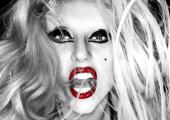
Why gripe about Lady Gaga? The biggest pop star on the planet is a surrealist fashion icon, fag hag hedonist, high school outsider, art pusher, sex kitten, New York hustler, tween-pop cartoon, and a whole lot more besides. What's not to like? Gaga combines freakhood with selling 68 million singles, 22 million albums, 31 million "like"s on Facebook, numero uno on Twitter and on and on. She is surely a far more exciting public figure than most of her competition put together?

Moby (b 1965) has been a presence on the dance scene and in global clubland for two decades. He is best known for the multimillion-selling 1999 album Play which, among other things, combined lush electronic orchestration with old field recordings of a cappella blues shouters. Moby's musical career, however, began at least a decade earlier.
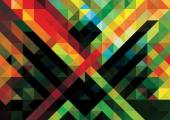
This is, not to put too fine a point on it, a masterpiece – but it could easily have been a bloody mess.
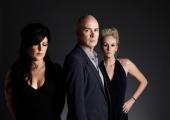
The Human League are one of the brightest lights in the history of electropop. They have had many incarnations over the years but since late 1980 the core of the group has been frontman Philip Oakey (b 1955) and singers Joanne Catherall (b 1962) and Susan Sulley (b 1963). The group bloomed out of Sheffield's electronic underground in the late Seventies, releasing the seminal electropop single "Being Boiled" in 1978. They signed to Virgin but success was not quick in coming and by 1980, with two albums under their belt, they split. Synthesiser wizards Martyn Ware and Ian Craig Marsh went on to form Heaven 17 but singer Oakey retained the band name.
The Human League are one of the brightest lights in the history of electropop. They have had many incarnations over the years but since late 1980 the core of the group has been frontman Philip Oakey (b 1955) and singers Joanne Catherall (b 1962) and Susan Sulley (b 1963). The group bloomed out of Sheffield's electronic underground in the late Seventies, releasing the seminal electropop single "Being Boiled" in 1978. They signed to Virgin but success was not quick in coming and by 1980, with two albums under their belt, they split. Synthesiser wizards Martyn Ware and Ian Craig Marsh went on to form Heaven 17 but singer Oakey retained the band name.
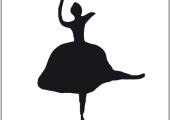
Let's get the obvious out of the way: yes, this is incredible. Not just the sounds, nor the ambitious staging of Hans Christian Andersen's last story as a ballet, but the fact that, 30 years since they met, Neil Tennant and Chris Lowe are still making music that's both relevant and gloriously excessive to a frankly crackerdog mental degree. They've tinkered with classical themes before, of course, from setting “Che Guevara and Debussy to a disco beat” in 1988's “Left to My Own Devices” to their 2004 live soundtrack to Battleship Potemkin, but this is something else. Piling on romantic themes and electronic beats of various flavours, it leaves no stone unturned in finding the most over-the-top fairytale themes, then ornamenting them and ornamenting the ornamentation of the ornaments until the whole thing is a kaleidoscope of whirling, twirling synaesthesic madness.